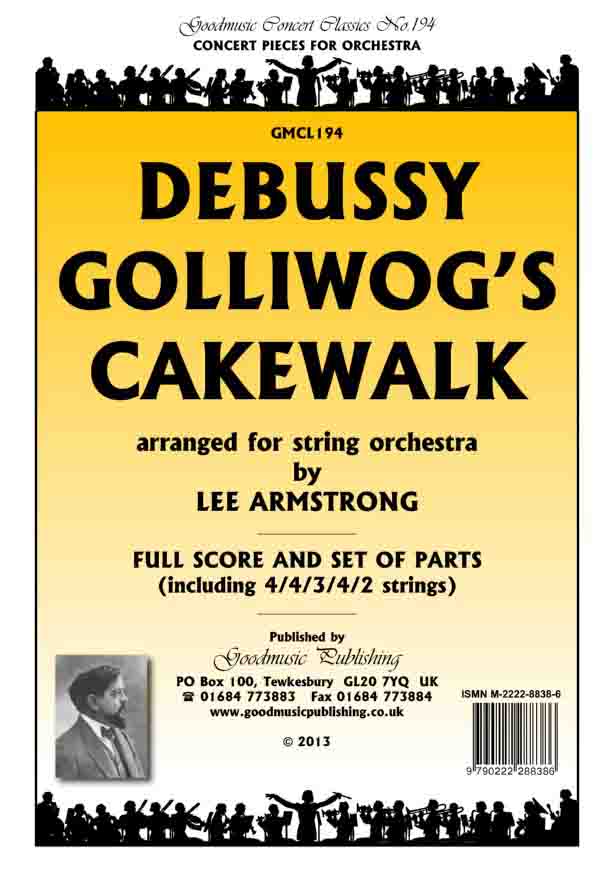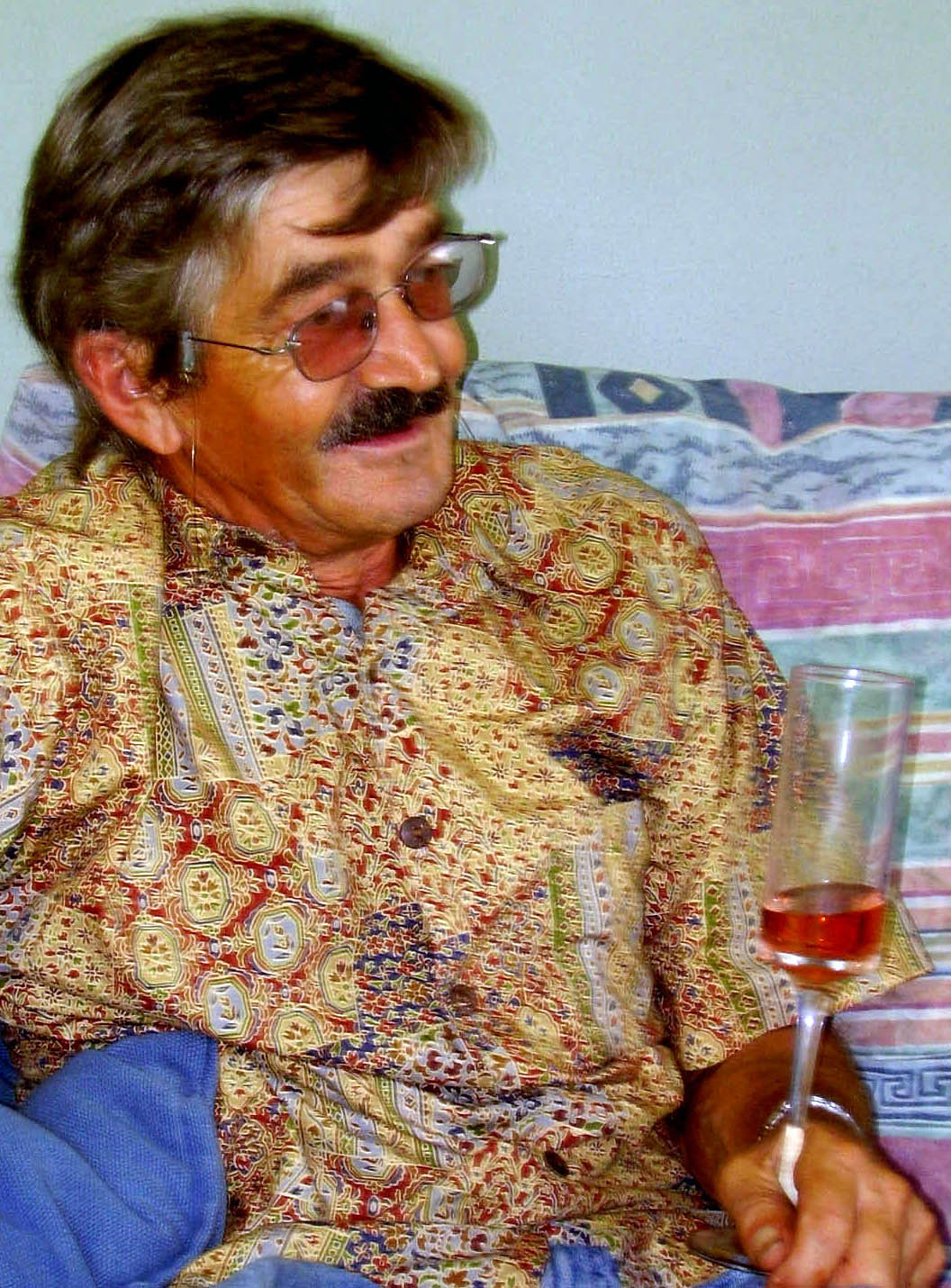My initial feelings are not of forgiveness
A radical forgiveness is a complete letting go of the past, in any personal relationship, as well as in any collective drama (Marianne Williamson, Return to Love, 1996: 70).
My feelings after Karl’s death are perplexing and confusing.
They are not primarily about forgiveness.
I experience strong feelings of anger and abandonment. Why was Karl speeding on that wet, slippery, winding rural road? He knew it was a treacherous stretch of road. And why had he driven off that cliff and killed himself?
Why has he left me?
Why has he hurt me?
Why did he have to leave me alone with what used to be our shared problems?
Why did he feel he needed to do this terrible thing? To die!
Couldn’t we work things out somehow?
Doesn’t he know I’d do anything for him?
Karl and Wendy beg forgiveness
One of the first things I learn from Karl after his death is that he is terrified that I’ll be angry with him for killing himself and leaving me in an injured condition.
A clairvoyant friend, Margaret, communicates this message from Karl a week after his death:
“I’m sorry. Sending love. The road was slippery. I didn’t choose to leave you. I’m sorry for hurting you…
Golliwog.
Well, we really went up the river that time.
I’ll be with you on the deck in the morning. Rev the engine (you’ll get going). Stay still, just rev the engine a little… then go. Go, baby, go.
I see clear (clearly) through your eyes (through you – your being).
Good luck, Wadie.”
Margaret and I puzzle over the meaning of golliwog.

We make a guess. Maybe Karl is telling us that there is more to him than we might imagine. In literature, the Golliwog was initially described as a horrid sight, the blackest gnome, but it turns out to be good, lovable, and brave, with a kind face.
It is important, I muse, not to take anything at “face value”. (Karl included.)
An insight into this message comes over four years later when I find a reference in my research notes to Debussy’s “Golliwog Cakewalk” musical composition. I had used that music in an activist video in the 1970s. It has special meaning to me, reminding me of my activist roots and passions. And it’s a radical composition.

Another clairvoyant friend, Grant, reports in with this message about Karl in late March 2016, a few weeks after Karl’s death:
“It wasn’t his time to die, exactly. But Karl says, ‘That road has to be fixed’.”
Grant gently explains that in recent times, Karl also worried that his body was wearing out.
Andrew Ross on Karl’s personalities
As I grow in confidence about the veracity of my conversations with Karl, I discover in Karl much of the Golliwog’s kindly side, as well as what I had known for decades— that he had two sides: mischievous Karl and philosopher Karl.
Our counselor, Andrew Ross, offers some insights a few weeks after Karl’s death:
Andrew on mischievous Karl: I could so often feel the frustration in you and the ‘mischievousness’ in Karl. He and I had many talks about that mischievousness. At times, there was almost a little boy in him who needed to play. Occasionally, I was able to point out that these were not the most appropriate times for play. And what would he do but laugh in that naughty little boy way of his?

Andrew on philosopher Karl: At other times, the deep thinking philosopher in him would emerge, and we would go on amazing journeys together, often sorting out the entire problems of the world inside an hour. Both sides of Karl were equally fascinating in their individual and unique ways. How could anyone not love him? I am so pleased I had that opportunity.
